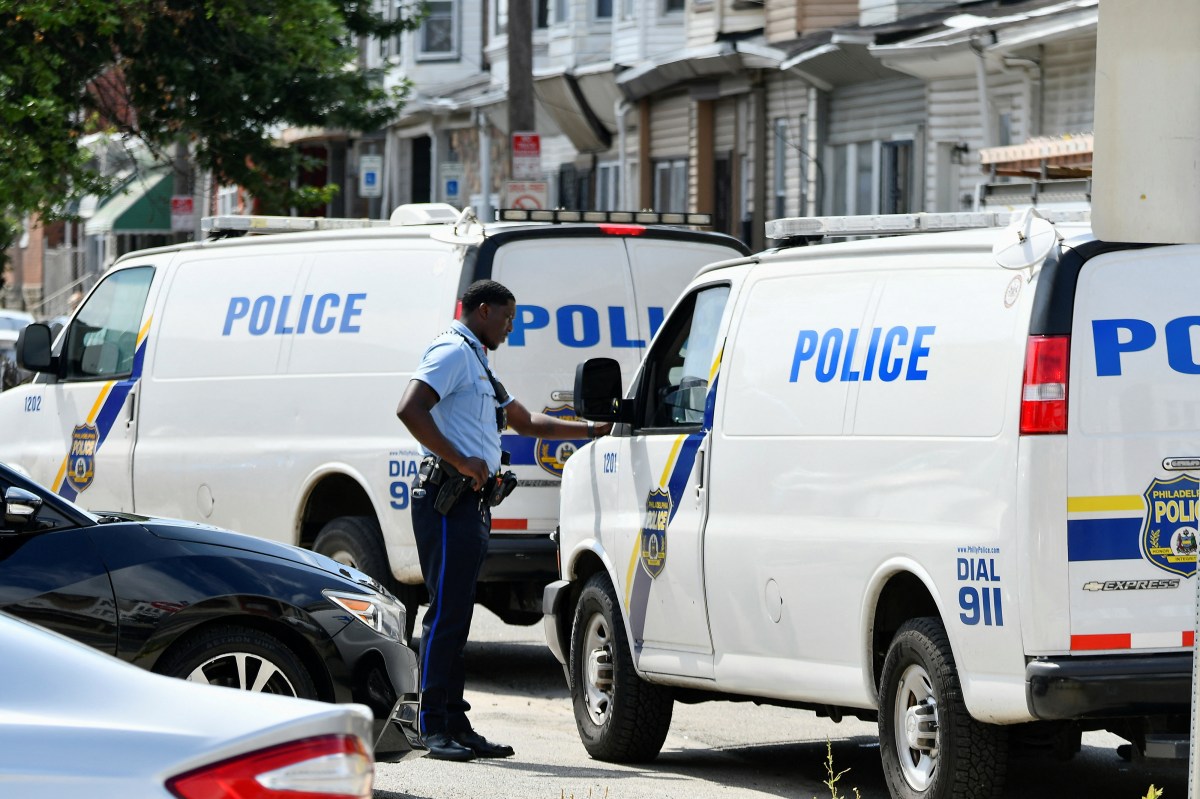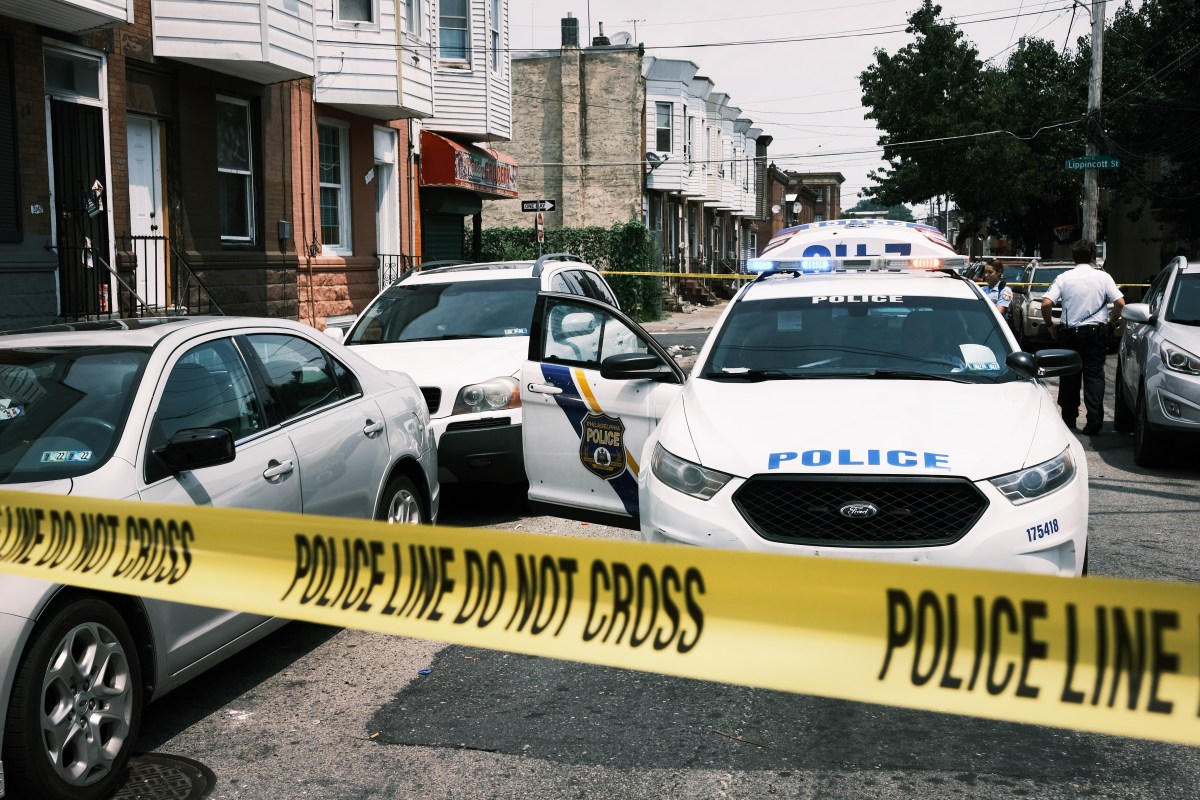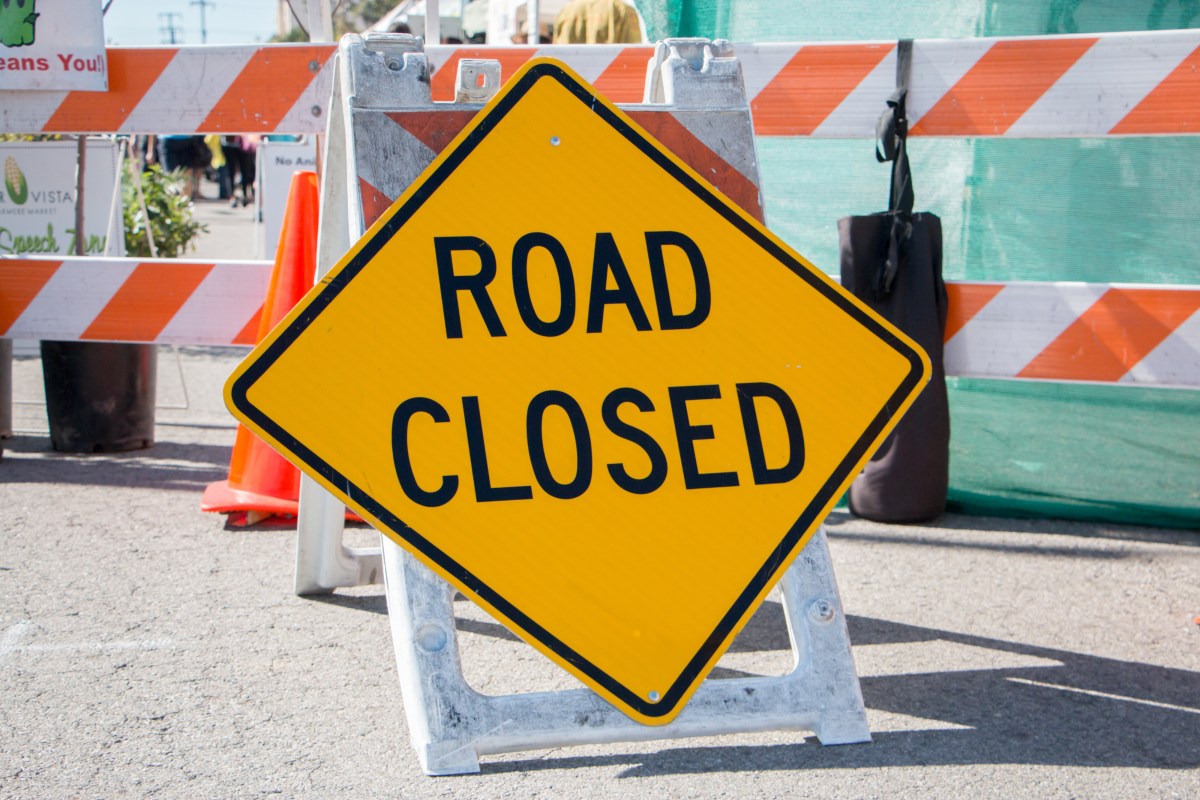SAO PAULO (Reuters) – Brazil’s Sao Paulo state delayed on Monday the release of efficacy data for the COVID-19 vaccine developed by China’s Sinovac, tightening the timeframe for regulator approval before a planned roll out on Jan. 25.
Governor Joao Doria said in a radio interview on Monday the data would be released on Dec. 23, eight days later than planned, to allow for a larger sample size and more complete analysis.
Earlier on Monday, João Gabbardo, head of Sao Paulo’s COVID-19 response, said the delay would allow the efficacy analysis to include data from a sample including 151 infected people, making it a definitive rather than a preliminary report.
Doria’s announcement that Sao Paulo will begin public vaccinations on Jan. 25, with the Chinese vaccine it has sourced independently, has angered the federal government of President Jair Bolsonaro, which has yet to set a date for a national immunization campaign.
On Sunday, Supreme Court Justice Ricardo Lewandowski ordered the Health Ministry to clarify within 48 hours when the federal government planned to begin public vaccinations.
Although Brazil has an enviable record for national vaccinations and a public health system well set up for such campaigns, Bolsonaro has repeatedly denied the gravity of the virus and is a vaccine skeptic who has said he will not take a COVID-19 shot.
Doria’s public pressure has also irritated health regulator Anvisa, increasingly run by Bolsonaro allies.
Last week Sao Paulo’s biomedical center, the Butantan Institute, began producing the Sinovac vaccine in a fill-and-finish process that will have a capacity of 1 million doses a day.
Despite not having federal approval for the vaccine, the production – at a time when the world is scrambling for shots – has drawn interest from governors across Brazil and countries across Latin America.
(Reporting by Eduardo Simoes, writing by Carolina Mandl and Stephen Eisenhammer, editing by Chris Reese)
























